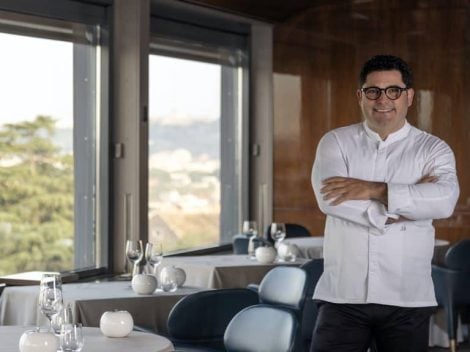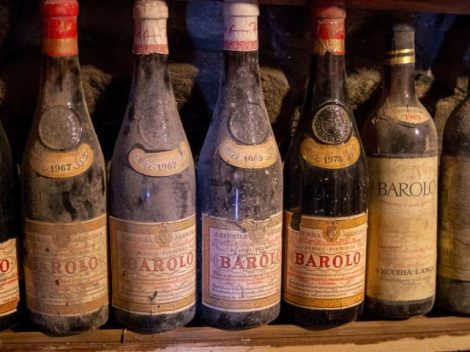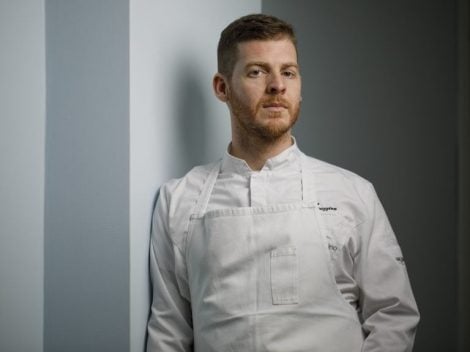Three weeks ago, even before the national lockdown imposed on restaurant business, Massimo Bottura's announcement (who in the meantime, every evening, has an appointment with his followers on Instagram, improvising homemade recipes) shocked us: "forced" to put on pause one of the most famous restaurants in the world. Now the same fate is shared by many other great chefs in Europe and the United States: "The emergency lead us to make the most difficult decision ever, but we are forced to close at least until April 14" explained René Redzepi of Noma, Denmark; the same responsibility a few days ago––before all of Spain went into lockdown––the Roca brothers in Girona (also closed until April 14). While in Belgium, Kobe Desramaults sided strongly in support of the line taken by the government (closure of all non-essential activities), reducing the protests of some opposing restaurateurs.
Restaurants closed due to Coronavirus
And in the United States the list of big names approving the shutdown is increasingly growing, in the absence (yet) of univocal measures that establish the closure of the restaurant business: Daniel Boulud is closing, also the venues of the Union Square Hospitality Group by Danny Meyer, Eric Ripert's Le Bernardin, all of David Chang's restaurants. And everyone is facing the same difficulty of continuing to guarantee salaries for very large kitchen teams. José Andres, a Spanish chef and American resident, who is not new to solidarity initiatives to support those most affected in difficult times, also closed his restaurants: not surprisingly, his places in Washington D.C. are temporarily transformed into dark kitchens used for community take-out and delivery at low prices.
Bars and restaurants must close. The situation in Europe
In addition to the most high-sounding names – which betray the measure of how the virus does nobody any favours, effectively paralyzing the entire world's high-end dining industry (to limit ourselves to what concerns us closely) – affected by the restrictive measures are bars and restaurants, forced to close almost everywhere. Likewise, museums and places with high risk of congregating, in an attempt to minimize social opportunities. Austria closed shops, bars and restaurants, which also limits the possibility of movement for citizens. The same is happening in the Czech Republic: until March 24, stop for shops, bars and restaurants and food service. Spain is also armoured, currently second in Europe in terms of number of infections, where only essential commercial activities are staying open, such as supermarkets and grocery stores.
France, Germany and Netherlands
Ditto Macron's France, while Germany still isn't taking drastic measures, but rather self-quarantines at home: apparently behind the border lockdown with neighbouring countries there would be the need to avoid the assault on supermarkets by foreigners looking for basic necessities immediately across the border. In Berlin, meanwhile, Mayor Michael Muller imposed the closure of bars and pubs until April 19, while restaurants that ensure compliance with the distance of at least 1.5 metres between the tables can stay open. And Ireland closed pubs and restaurants, including hotel bars. Equally, all non-essential activities (including coffee shops, and long queues to get supplies) are closed in the Netherlands.

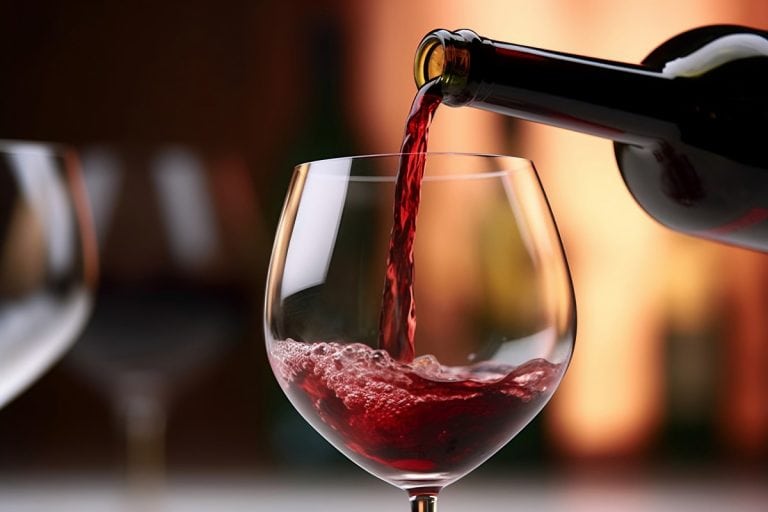 The 14 best Tintilia wines from Molise Chosen by Gambero Rosso
The 14 best Tintilia wines from Molise Chosen by Gambero Rosso Here's why mozzarella di bufala extends life
Here's why mozzarella di bufala extends life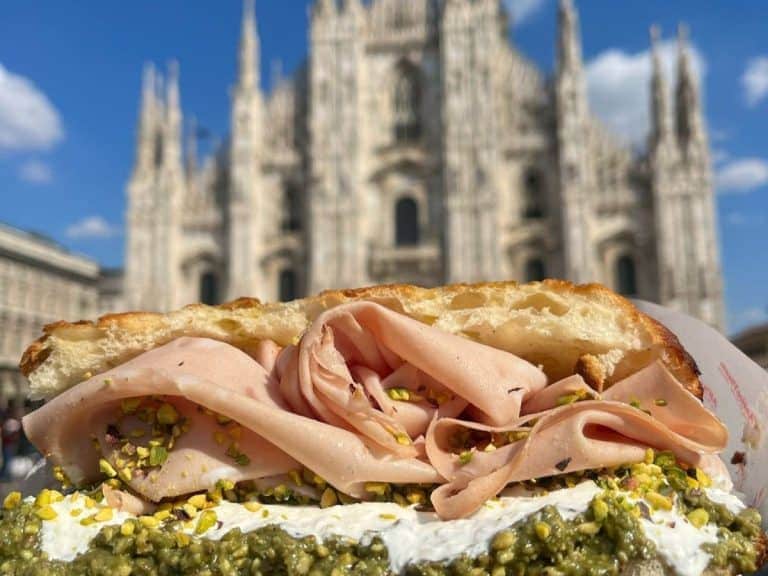 Unstoppable now, All'Antico Vinaio opens its fourth branch in Milan near the Duomo
Unstoppable now, All'Antico Vinaio opens its fourth branch in Milan near the Duomo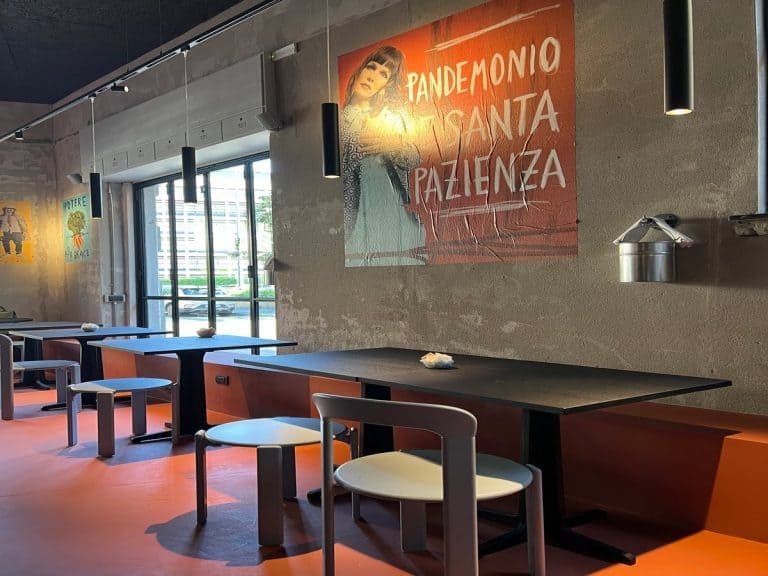 Viviana Varese doesn't leave Milan and opens Faak, the rebellious concept at affordable prices
Viviana Varese doesn't leave Milan and opens Faak, the rebellious concept at affordable prices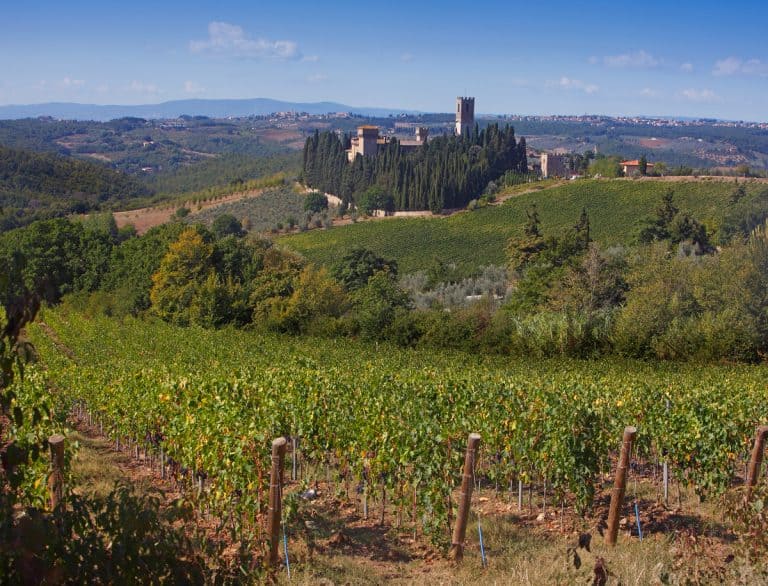 Chianti, classic and trendy. The new course in 20 labels: wines more territorial, fresh and elegant
Chianti, classic and trendy. The new course in 20 labels: wines more territorial, fresh and elegant
